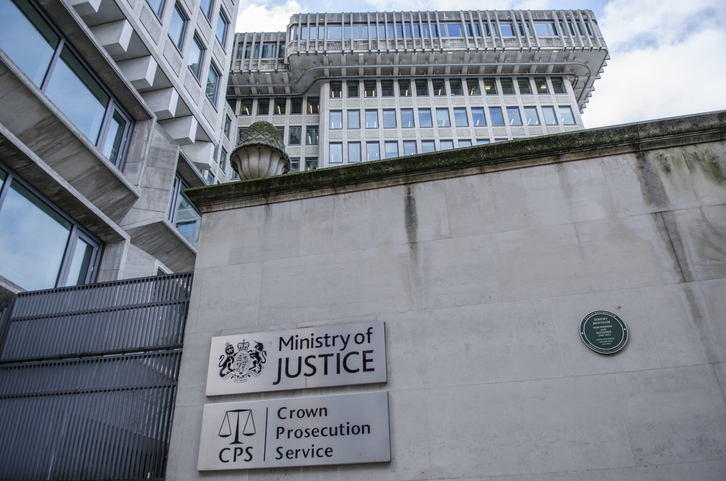The Government has commenced a consultation on the reintroduction of fees in the Employment Tribunal (ET) and the Employment Appeal Tribunal (EAT).
Many will recall that ET fees were introduced in July 2013 under the Employment Tribunals and the Employment Appeal Tribunal Fees Order (the “Fees Order”). Under this scheme, anyone who sought redress in the ET had to pay a fee which ranged between £390 and £1,200 dependent on the claim brought, to issue a claim and have their claims heard. In addition, the EAT charged a fee of £400 to file an appeal with a further £1,200 payable as a hearing fee.
Following the introduction of the Fees Order, the number of individual claims brought to the ET dropped by 68%. The Fees Order was met with significant criticism from Unison, who brought a judicial review claim in 2017 which sought to eradicate the fees on the basis that the fees system prevented access to justice. The fees were unaffordable for many and in particular, those on low to middle incomes.
On 26 July 2017 the Supreme Court ruled that the Fees Order was an unlawful interference with the common law right of access to justice and quashed it. Following this judgment, the number of cases increased sharply. In 2015 the House of Commons Justice Select Committee commenced an inquiry into courts and tribunal fees which included a post- implementation review of the Fees Order which concluded that fees should be reduced and restructured. The government response to this review demonstrated an intention to re-introduce fees, but did not provide any detail as to when, and what the regime would look like.
Most recently on 29 January 2024, the Ministry of Justice (MoJ) commenced a consultation which proposes the reintroduction of modest fees in the ET and the EAT. The consultation proposes introducing a requirement to pay a “one-off fee” of £55. The fee would be paid when a claimant presents their claim to the ET or when they submit an appeal to the EAT. Key things to note about this fee include:
- The fee will be paid regardless of the type of claim submitted but will not apply to proceedings bought before the ET in relation with an individual’s right to a payment from the National Insurance Fund.
- Individuals can apply for assistance with this fee under the “Help with Fees” remission scheme if they cannot afford the fee.
- The fee would cover the whole claim and no additional fees would be payable at different points throughout the life-cycle of the claim. Previously, a separate fee was payable if the claim proceeded to a full hearing.
- Where a claim is brought by multiple claimants, the fee will remain at £55 and the cost will be split amongst the claimants involved.
- For appeals, the fee would be paid upon lodging an appeal for each judgment, decision, direction or order. For example, if a notice of appeal is against two decisions, then the total fee payable would be £110.
If implemented, the fees would be payable for claims brought from November 2024 onwards. The MoJ recognises that the original Fees Order did not strike the right balance between protecting access to justice and requiring claimants to contribute to the costs of the tribunal system. To ensure that the proposals are in line with the Supreme Court’s ruling, the MoJ has considered that the fees should be proportionate and affordable whilst ensuring that users of the tribunal service are paying towards the running costs, putting them broadly on the same footing as users of other courts and tribunals.
The MoJ estimates that the re-introduction of fees could generate roughly £1.3 – £1.7 million a year from 2025 onwards and hopes that prospective claimants would be incentivised to settle their disputes early without the need for claims being bought before a tribunal.
Whilst the consultation has only been live for a short time, the proposals have already faced criticism with many already drawing comparisons to the previous regime. However, the fee proposed is significantly lower than the previous fees and there is an option for those who cannot afford the fee to seek assistance, or for an exemption to pay the fee altogether. This aims to reduce the risk of individuals being prevented from accessing justice where they are unable to afford the fees.
The set fee is also applied uniformly and there is no separate fee for different claims – which arguably responds to previous criticism that the Fees Order indirectly discriminated against those with protected characteristics where discrimination claims attracted higher fees.
The consultation ends on the 25th March 2024 and further details can be found here.

